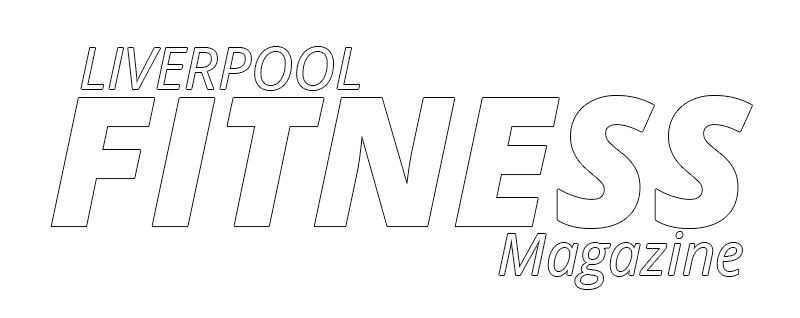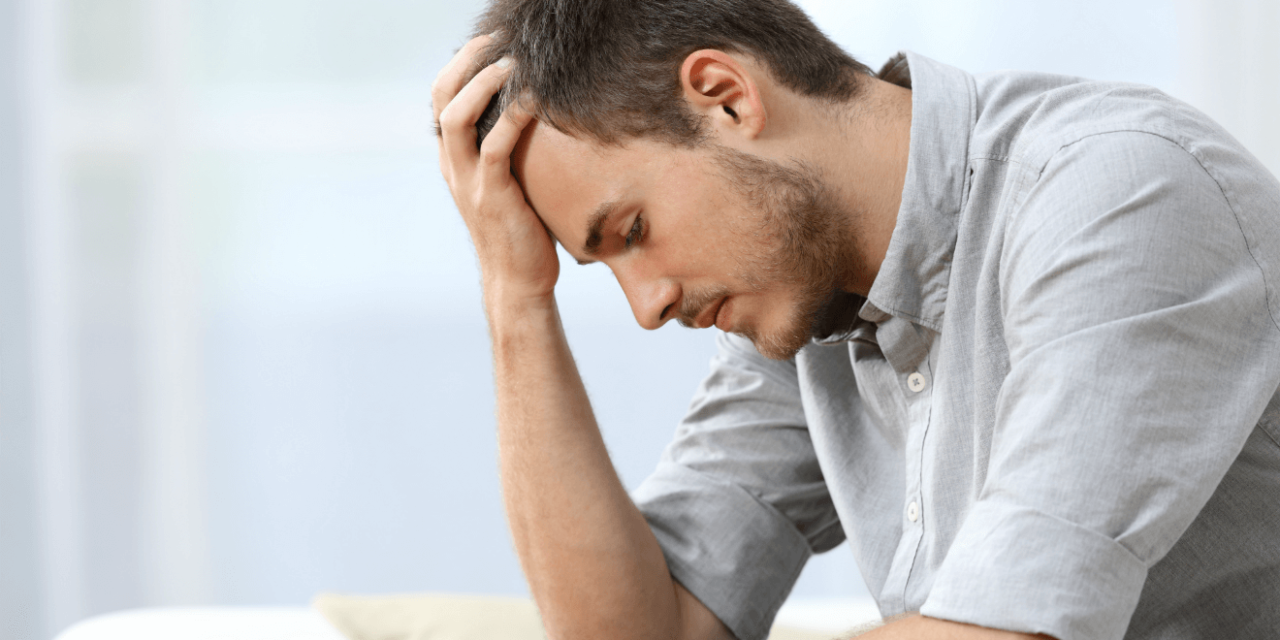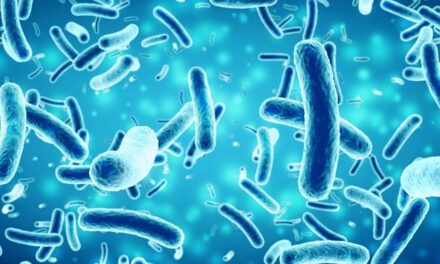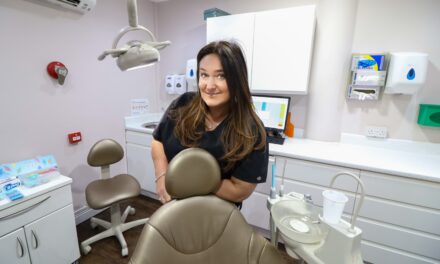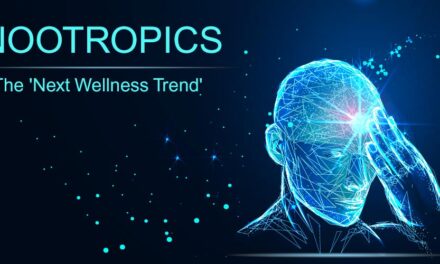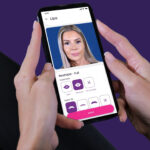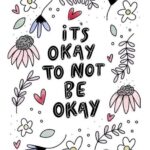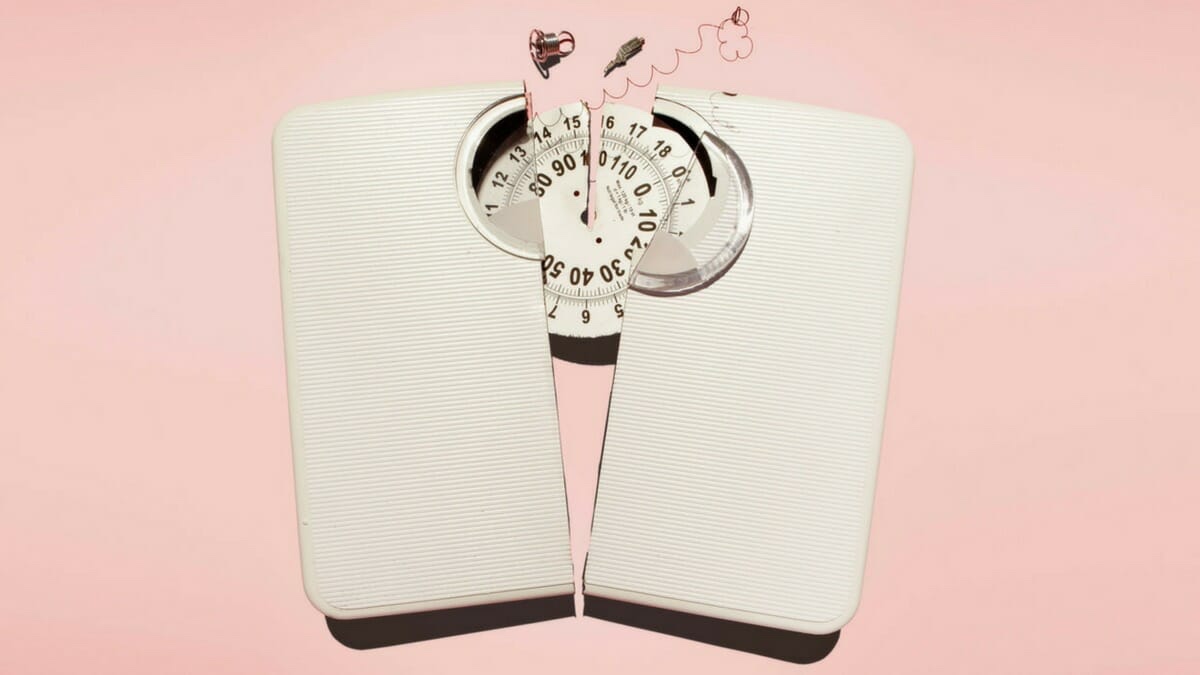What is Anxiety?
Anxiety is the feeling of being nervous, fearful or tense. It is natural human emotion that is triggered as part of the fight or flight response to protect ourselves in times of danger, stress or fear
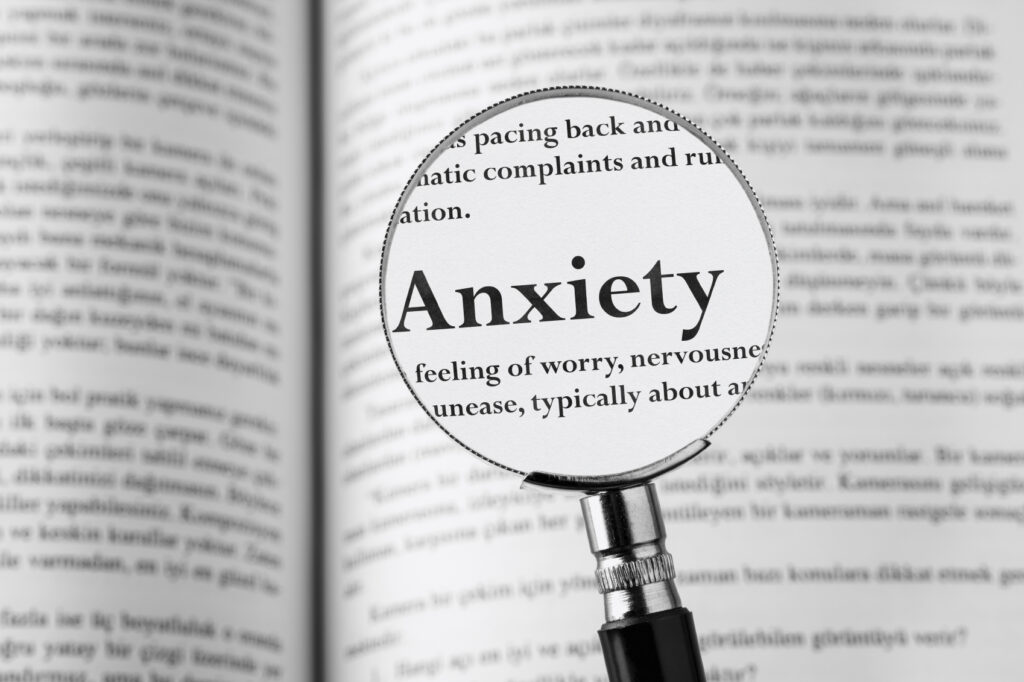
Like all animals, human beings release the stress hormones adrenaline and cortisol in stressful, dangerous and life threatening situations. The purpose of these hormones is to aid and protect our bodies when turning to fightthe danger, or turning to run away.
All of us experience the feeling of anxiety from time to time, if we didn’t we wouldn’t be human.Not only would we not be able to protect ourselves, we wouldn’t be able to show emotion in stressful or distressing times, or indeed have the necessary adrenaline flowing to drive ourselves to perform when needed, such as in job interviews and exams.

So when does anxiety become a mental health problem?
Anxiety becomes abnormal when the feelings occur out of context.
For example;
• Out of proportion to the level of stress of the situation
• the feelings persist when the stressor is removed
• or without a stressor being present at all
There are many different types of anxiety disorders; from post traumatic stress, to adjustment reactions, to social anxiety disorders, to panic disorders.
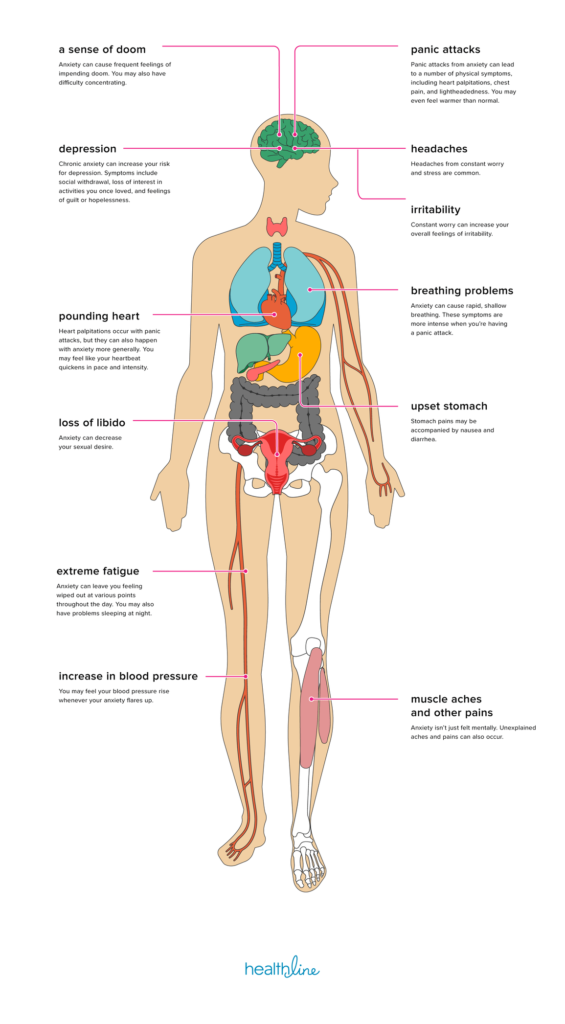
Generalised anxiety disorder (GAD)
One of the most common types of anxiety is called is generalised anxiety disorder (GAD). In this type of anxiety, people feel stressed, worried or scared most days of their life without any specific trigger. Anxiety can be triggered by simple tasks, which can make activities of daily life extremely stressful or impossible to carry out. This can leave people unable to work through fear of leaving the house or the ability to cope around other people which can result in social isolation.
The symptoms of generalised anxiety disorder include;• Feeling stressed• Restless• The feeling that something terrible is going to happen• Poor concentration• Mood swings• Irritability• Insomnia
Mixed anxiety and depression
Anxiety can occur alone or in combination with depression. Mixed anxiety and depressive disorder is diagnosed when the symptoms of anxiety occur in combination with the biological symptoms of depression which include;• Low mood• Feelings of hopelessness• Poor sleep• Reduced appetite• Increased appetite• Poor concentration• Loss of energy• Poor motivation• Feeling of guilt
Panic disorder
Panic disorder is diagnosed when people with anxiety experience extreme episodes of panic. The physical symptoms of a panic attack are caused high levels of the stress hormones, adrenaline and cortisol which are released in times of stress as part of the fight or flight response described above. The symptoms are very real and very scary. They tend to last for 5-10 minutes, without warning and without a specific trigger making them unpredictable.
The symptoms include;• Palpitations• Chest pain• Shortness of breath• Sweating• Clamminess• Nausea• Dizziness• Feeling faint• Tingling in hands and around the mouth• Pins and needles
Treatment
The treatment for anxiety depends on the type of anxiety that is diagnosed.
Psychological therapies
Cognitive Behavioural Therapy (CBT)
CBT has been the gold standard psychological treatment for anxiety for many years.
It is a talking therapy which involves working with a counsellor to explore your thoughts and feelings to unravel how particular thoughts and feelings lead to behaviours. It does not focus on events of the past; instead it helps you to reflect on your current thought processes and develop new strategies to change your behaviour.
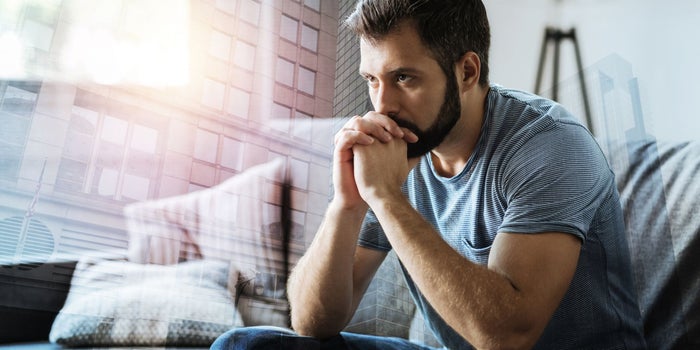
Medication
In cases of mixed anxiety and depression, anti-depressant medication maybe useful to treat the combination of problems although anti-depressants are not routinely prescribed to treat anxiety alone.
Previously, benzodiazepines such as diazepam were frequently prescribed to treat anxiety. However, they are no longer recommended routinely treat anxiety due to their highly addictive nature and the fact that they do not treat the underlying problem causing the anxiety, they only mask the symptoms.
Beta – blockers such as propranolol can be prescribed to ease the physical symptoms caused by anxiety. Ideally they should be used in the short term in combination with psychological therapy which targets the underlying cause of the anxiety.
Lifestyle
Like many physical and mental health problems, lifestyle factors and adaptations play a big role in symptom management and prevention.

Exercise goes a long way in treating anxiety. It releases natural endorphins to lift our mood and helps our body and mind de-stress.

Mindfulness through meditation and other psychological training methods is an excellent way to manage feelings of anxiety and lift your mood. Downloading the headspace app and setting aside just 10 minutes every day can have a significant benefit to your overall mental health.
Self Help
Methods of self-directed CBT can be assessed by everyone without requiring a referral from your GP. A useful website is mood gym https://moodgym.anu.edu.au/welcome.
Charities such as Mind and Anxiety UK are also really helpful in providing support and useful tips and techniques to help manage your symptoms day to day.
If you feel like you are suffering from any of the symptoms of anxiety or depression, please please don’t hesitate to see your GP. Anxiety is a really common problem and most GP’s are sympathetic, supportive and experienced in managing your symptoms.
Dr Jane Leonard
MBCHB. BSC HONS (1ST ) MRCGP
104 Harley Street, London W1G 7JD
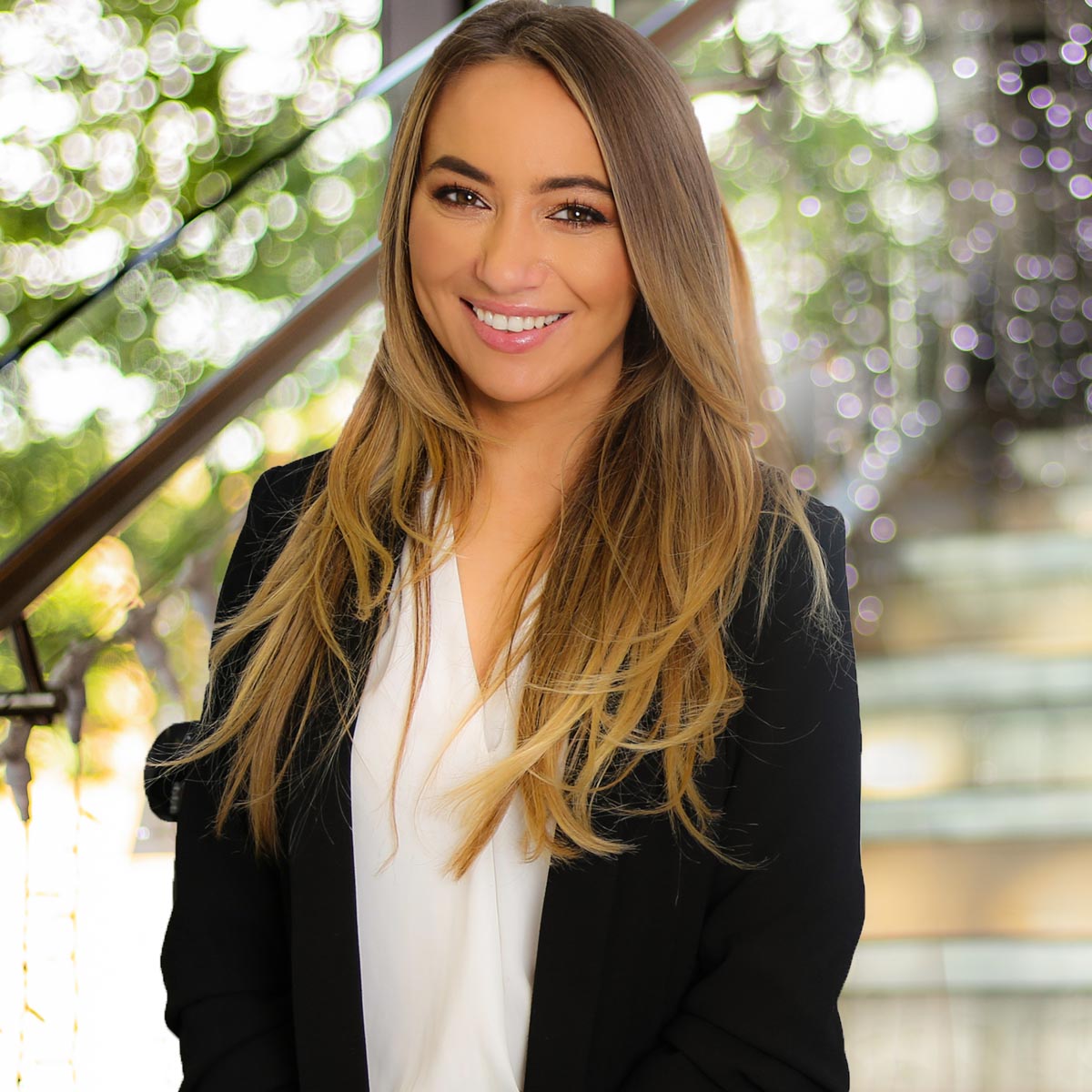
Dr Jane Leonard is a fully qualified GP and Cosmetic doctor, graduating from the University of Manchester. She also has a first class honours degree in anatomical sciences, in which she focused her studies on the anatomy of the face, head and neck.
She completed her aesthetic training on Harley Street following a stint at The Alfred Hospital Medical Research Centre, in Melbourne, Australia. Her work in Dermatology research has been published in the prestigious Australasian Journal of Dermatology.
Almost a decade of aesthetic treatment experience, Dr Leonard has been nominated for the Cosmetic Doctor of the Year in the prestigious Safety in Beauty Diamond Awards.
